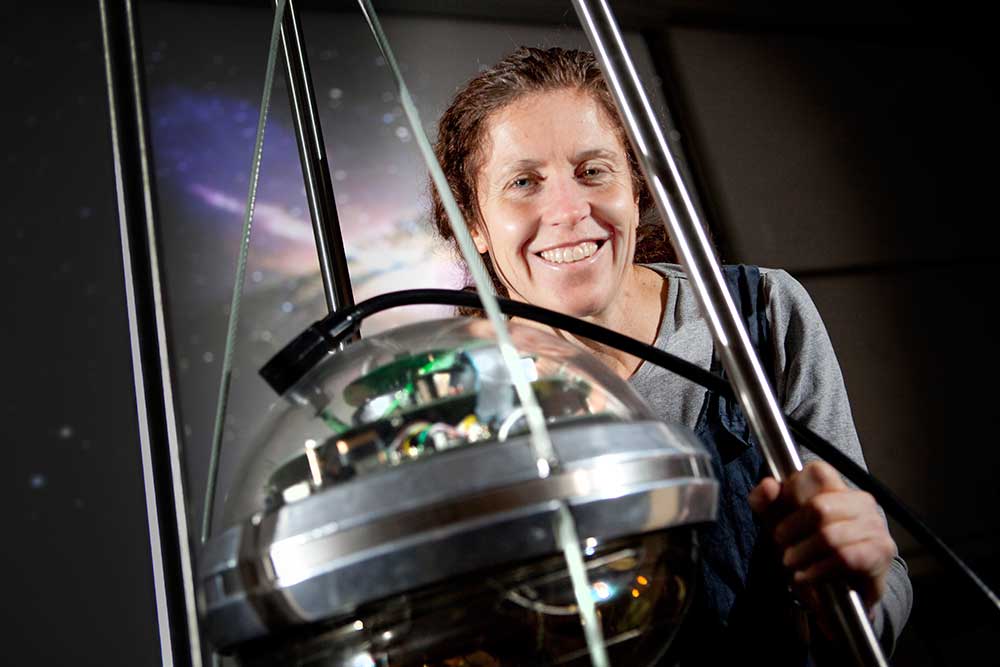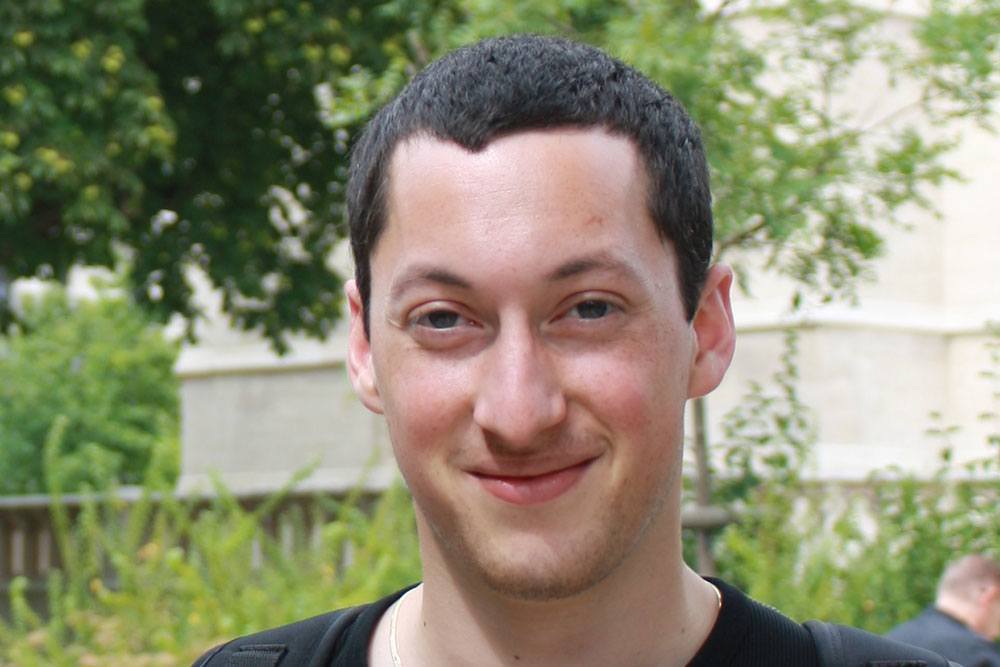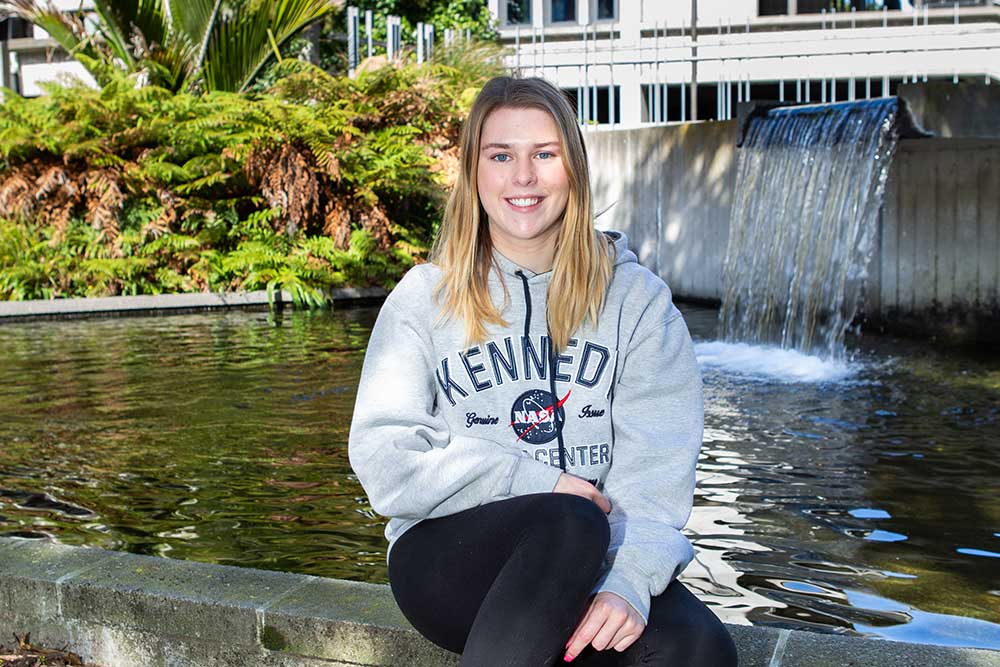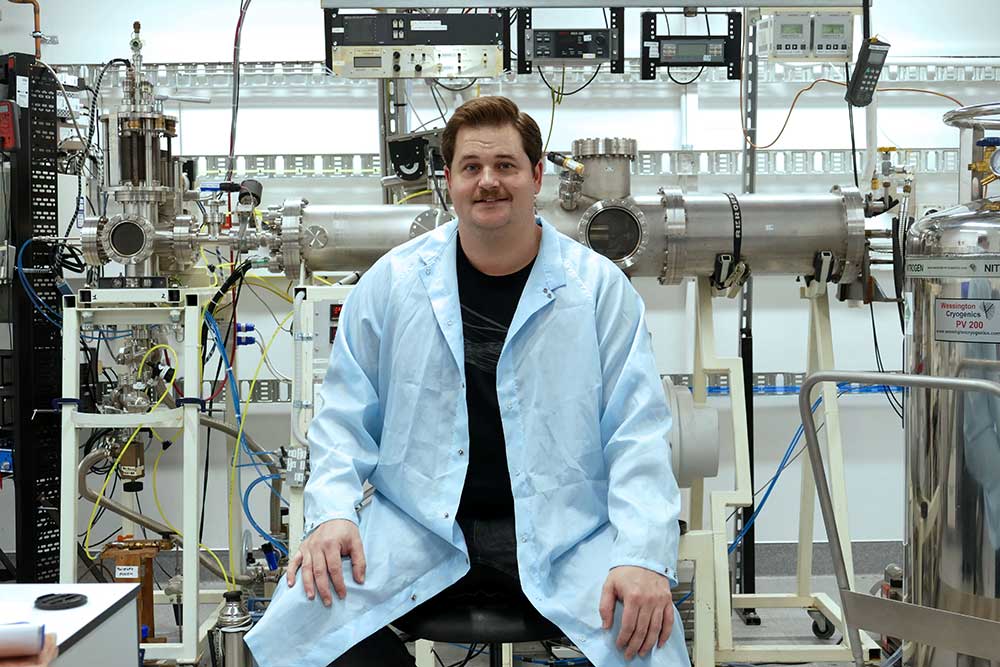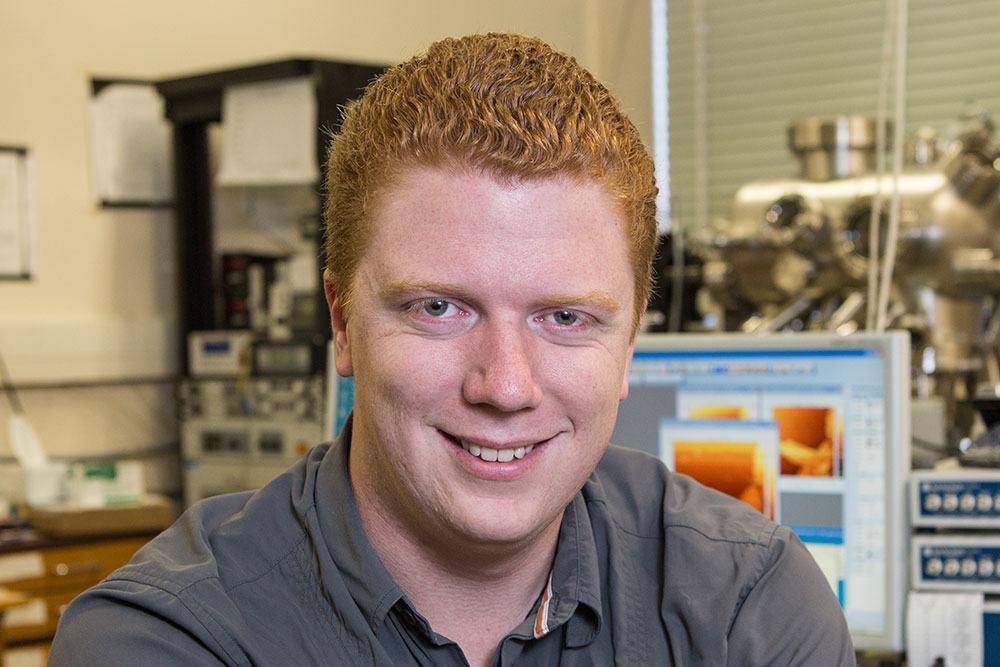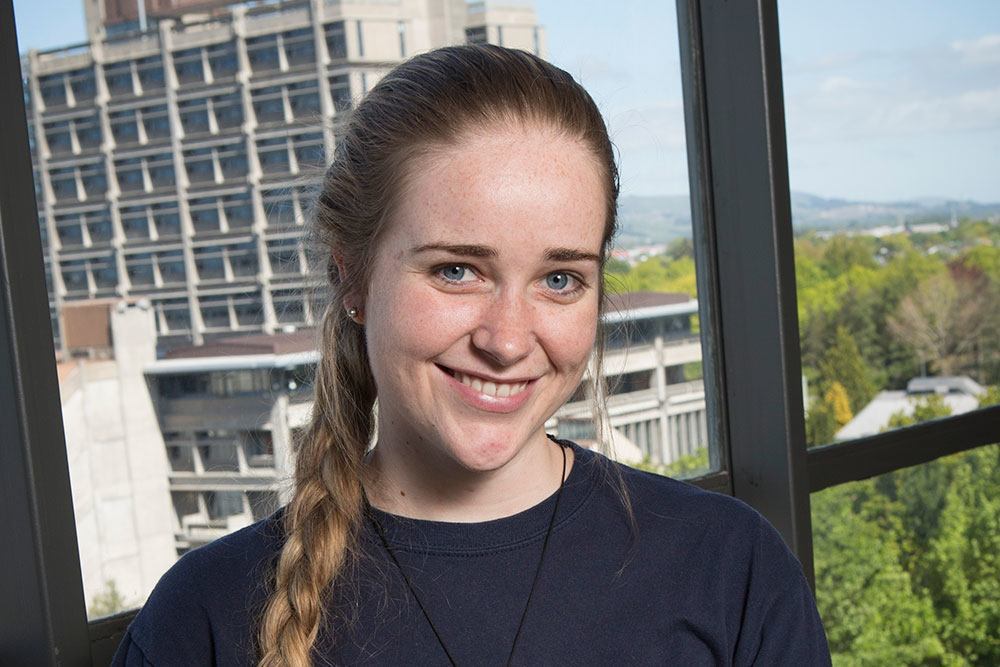Physics
Introduction
Physics explores the behaviour between matter and energy — from subatomic particles to the scale of the universe.
Technology and physics go hand-in-hand, and they improve our lives massively. From computers, architecture to agriculture, modern life is built using the understanding of physics.
Studying this field will prepare you to contribute to major advances in technology now and in the future.

